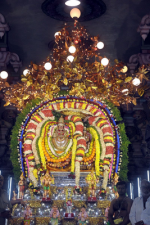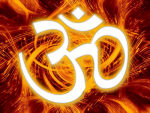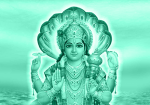Hindu Rites & Rituals
.png)
Rituals form an important part of every religion. Hinduism is no exception to it. In fact, Hinduism has most number of rituals than any other religion. Most of the rituals are for personal benefits while some of them are for world peace and for benefits of the whole society and environment also. Hinduism divides life in some stages and each stage is associated with a ritual e.g. birth of a child, marriage, death, etc. It is not compulsory to follow all of them but they are highly recommended. Now a day, Hindus do not perform all of the rituals because of the changes in lifestyle. Hindu rituals have some kind of mystical science associated with them. Some people could find them outdated or useless, but they do have deep meanings and really help people.
Sixteen Samskaras:
1. Garbhadhana: First Samskara done immediately after the marriage.
2. Pumsavana: A ritual done in the third month of pregnancy.
3. Simanatonayana: A ritual done in the fourth or fifth month of pregnancy.
4. Jatakarman: A ritual done immediately after a male child is born.
5. Namakarana: Naming ceremony performed on the 12th day of the birth.
6. Nishkramana: A ritual done when child is first taken out of the house.
7. Annaprashana: When child starts to eat solid food in the sixth month.
8. Chudakarna: Cutting the child’s hair for the first time.
9. Karnavedha: Ear piercing.
10. Vidyarambha: Starting the education of a child.
11. Upanayana: Thread ceremony
12. Praishartha: Learning of Vedas and Upanishadas.
13. Keshanta and Ritushuddhi: Keshanta is for boys and ritushuddhi is for girls.
14. Samavartana: Ceremony at the end of formal education.
15. Vivaha: Marriage ceremony.
16. Antyeshti or Antim Sanskar: A ritual done at the time of cremation.
Hindu cultures and traditions, rituals in hinduism, 16 samskaras in hinduism, hindu traditional systems, hindu rituals and ceremonies, hinduism beliefs


















